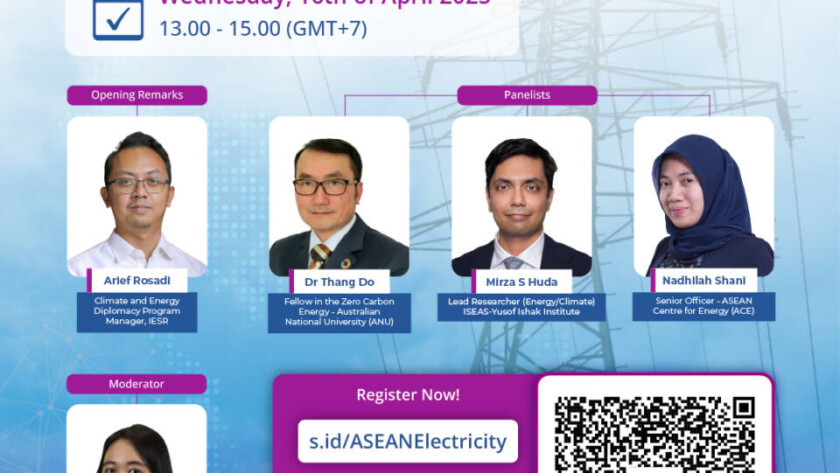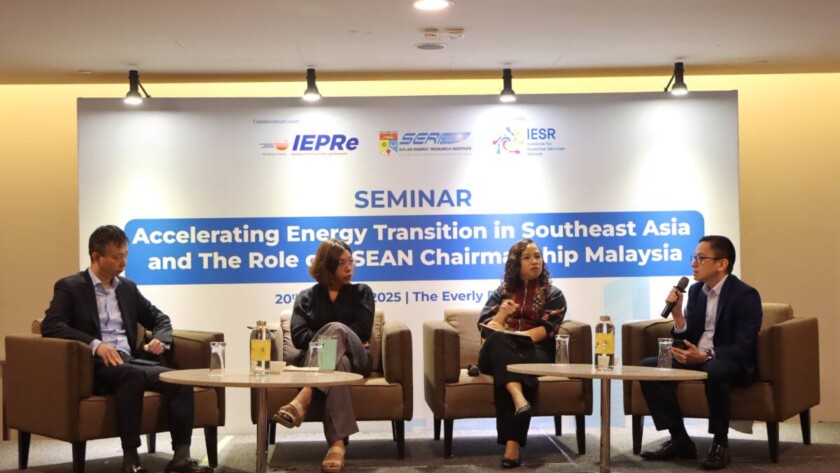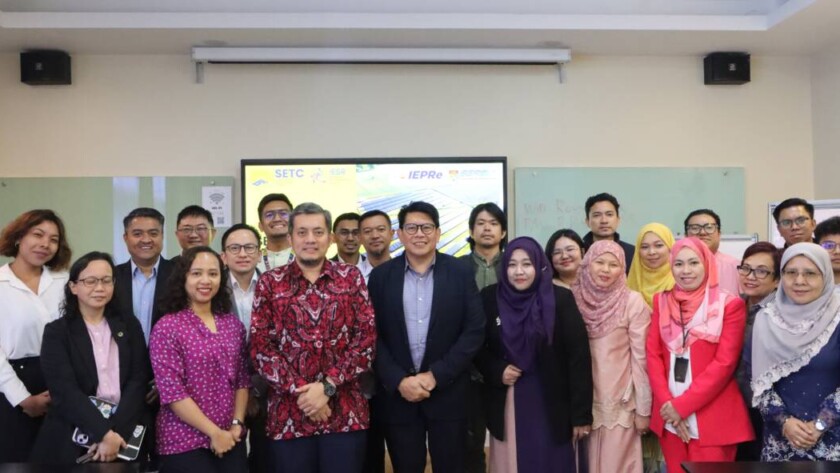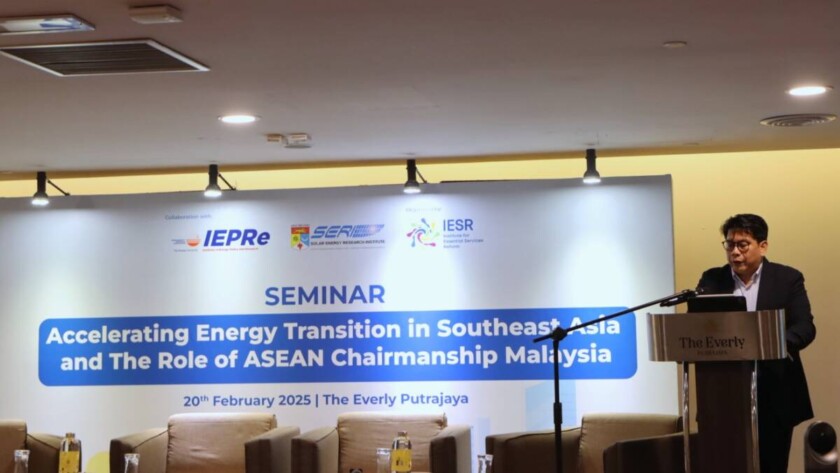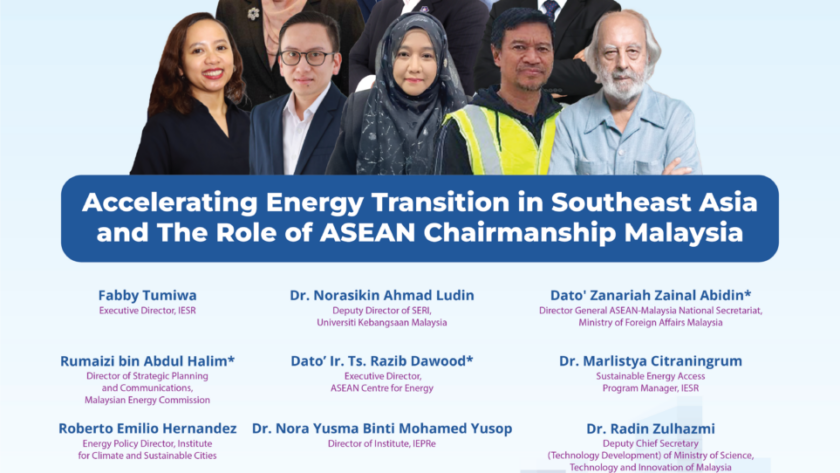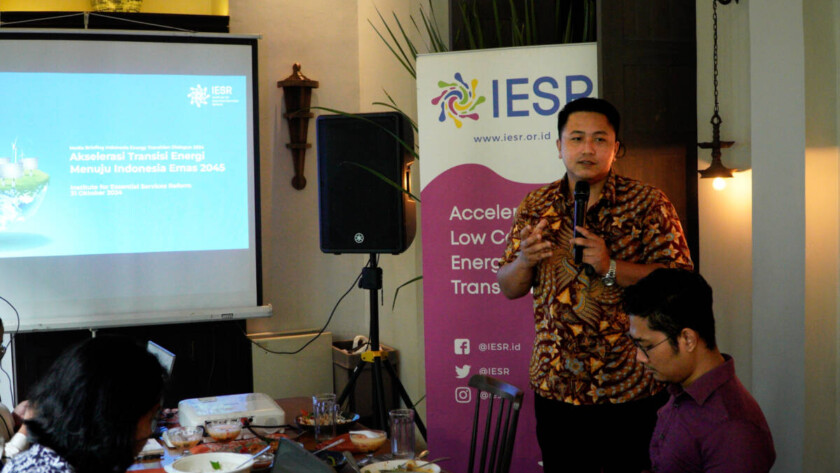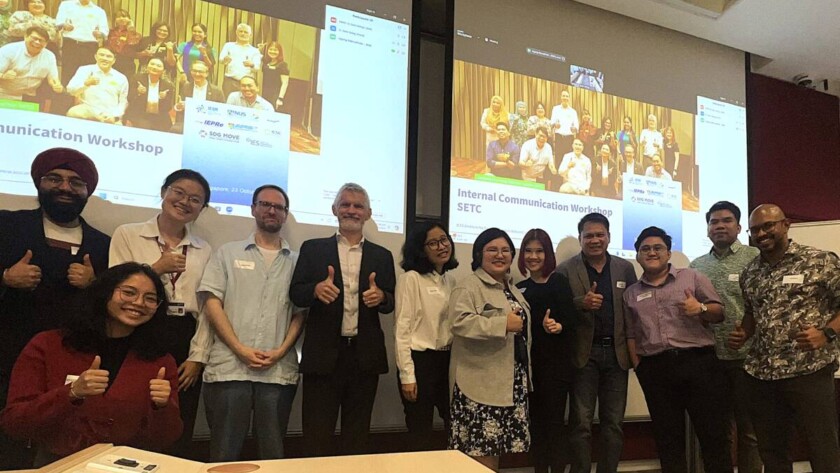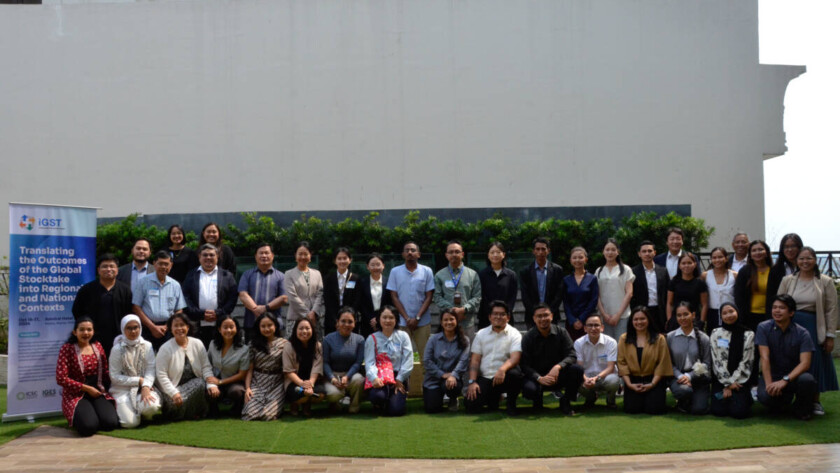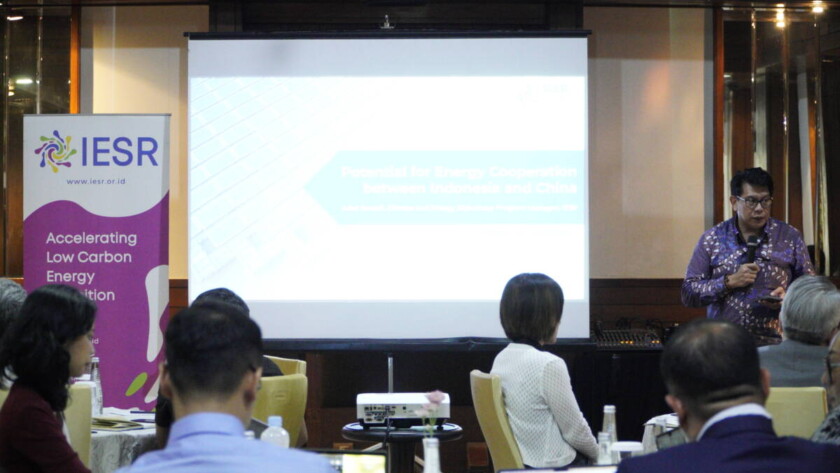Background
Electricity coverage varies greatly across Southeast Asia, with some nations, such as Singapore and Brunei, having 100% coverage and others, such as Myanmar, having only 66% coverage. Electricity coverage, like in many other countries, helps to alleviate poverty, promote economic growth, and raise public living standards. However, enhancing energy security in Southeast Asia presents…
